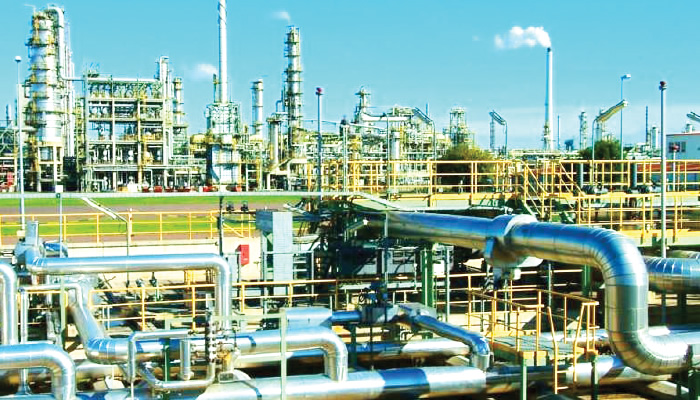
The removal of subsidy on fuel by the Federal Government has been grudgingly accepted by Nigerians as the right thing to do in the prevailing circumstances. However, subsidy removal is akin to addressing the symptoms of a grave illness that could eventually lead to death. One of the symptoms of malaria is a headache. Treating the headache by assaulting it with painkillers only brings temporary relief. In this instance, the real treatment for the malady that would eventually give Nigerians succour is the revival of existing refineries. Mind you, what people usually see as a refinery is not the entirety of Nigerian refineries. Take the Kaduna refinery for example. It has extensive pipeline networks, delivering crude oil and distributing refined products all over northern Nigeria.
Why would the government allow such an asset to waste? The refineries can be privatised through public-private-partnership or outright sale. If that is done, we will have a crude oil and refined products process that is substantially based on naira transactions. You cannot carry on business in Nigeria, especially when you are not in a free trade zone and insist on being paid in dollars. The answer lies not in the Dangote refinery, but in bringing the country’s refineries back to life. The Dangote refinery is going to sell petrol to Nigeria in dollars, the same way it would sell to importers from other African countries. The only cost we would be saving is the shipping cost. There would still be pressure on the naira because we would still be using dollars from our earned foreign exchange to pay Dangote refinery.
Whereas the country’s refineries coming alive and refining crude oil to finished products would essentially constitute domestic trade and business and the currency of transaction for domestic trade and business in Nigeria is the naira, not dollars. They might even start exporting products. If we can do this, we might not even need to buy fuel from the Dangote refinery unless, on comparative terms, Dangote’s fuel is cheaper than that produced by the refineries.
When you look at it, the Dangote model (a monopoly) should not be allowed in the refinery business, as it has been done in other industries where Dangote holds sway. The modern trend is to move away from and discourage monopolies. A monopoly is not good for any economy; it does not pay anybody but its owners. That is the reason why they have antitrust laws in place in America and Europe. A company is not allowed to grow so big as to dictate to the market and consumers. Companies growing too big are broken into smaller bits or mergers and acquisitions that could lead to a monopoly are prevented. In Nigeria, we seem to be doing the opposite – we encourage monopolies and monopolistic tendencies, leading to the exploitation of Nigerians.
The Bola Tinubu administration must not allow business as usual. It must do away with this beggar-thy-neighbour economic model where few businessmen are given concessions at the expense of others, who are eventually squeezed out of business, leaving the market and consumers at the mercy of those few favoured businessmen. It’s not a good thing to allow businesses to die in a bid to satisfy some interests. The government must allow a level-playing field and create a healthy competition for all. This is the right thing to do and the current administration has to ensure that this is given the support it deserves so that the economy will thrive well.
Additionally, since the government has failed in the production of adequate energy for Nigerians, it should come up with a policy aimed at encouraging and subsidising alternative power sources for people. The situation currently allows for shylock players who take advantage of consumers and increase electricity tariff arbitrarily without commensurate power supply. This unwholesome situation should not be allowed to continue in the drive to protect consumers and ensure stable electricity in the country. The administration must invest in the importation of solar panels and lithium batteries and possibly work towards making them in Nigeria. This could be part of our solution to the power problem and weaning the economy from petrol.





